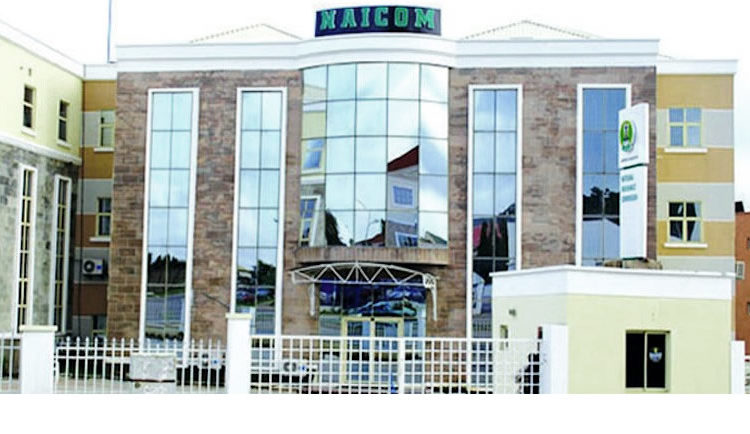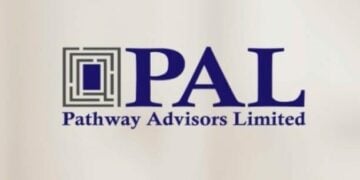The National Insurance Commission (NAICOM) may sanction any insurance company found to be dealing with unlicensed insurance agents and brokers in the country, LEADERSHIP learnt.
This is a regulatory response to the increasing rate of underwriters having business transactions with some insurance agents and brokers who were either unlicensed or failed to renew their licenses.
Briefing Journalists at the end of the November’s edition of Insurers Committee in Lagos at the weekend, the head, Publicity Sub-Committee of Insurers’ Committee, Mrs. Ebelechukwu Nwachukwu, said, the regulator warmed operators at the meeting to desist from this act, urging them to always patronise registered agents and brokers.
According to her, “at the meeting, operators were warned strongly to always deal with licensed insurance agents and brokers. Deal with only those whose licenses have not expired, NAICOM said.”
Nwachukwu, who is also the managing director/CEO of the Royal Exchange General Insurance Company (REGIC) Limited, also disclosed that, the industry has started a process of publicising unclaimed insurance claims running into billions of naira to ensure the affected policyholders come for claims with their insurers.
Clarifying this, she said, the Nigerian Insurers Association (NIA) will publish the unclaimed claims in three national daily newspapers in the next three months and later assess the impacts and responses of the supposedly claimants after which the individual companies involved take up the responsibility of publishing the unclaimed claims in their kitty.
This, according to her, is expected to reduce the rate of unclaimed claims, attributing the current spike to incomplete documentation, low awareness on how to claim compensation, among others.
On the level of adoption of International Financial Reporting Standard (IFRS) 17 by insurance companies, the head, Corporate Communications and Market Development, Rasaaq Salami, who is also a member of the Publicity Subcommittee,noted that, the regulator is tele-guiding the operators for IFRS 17 adoption, even though, the level.of adoption varies from one company to the other.
He attributed this to the degree of understanding the workings of the reporting standard, expressing optimism that every operator will catch up in not too distant time.





